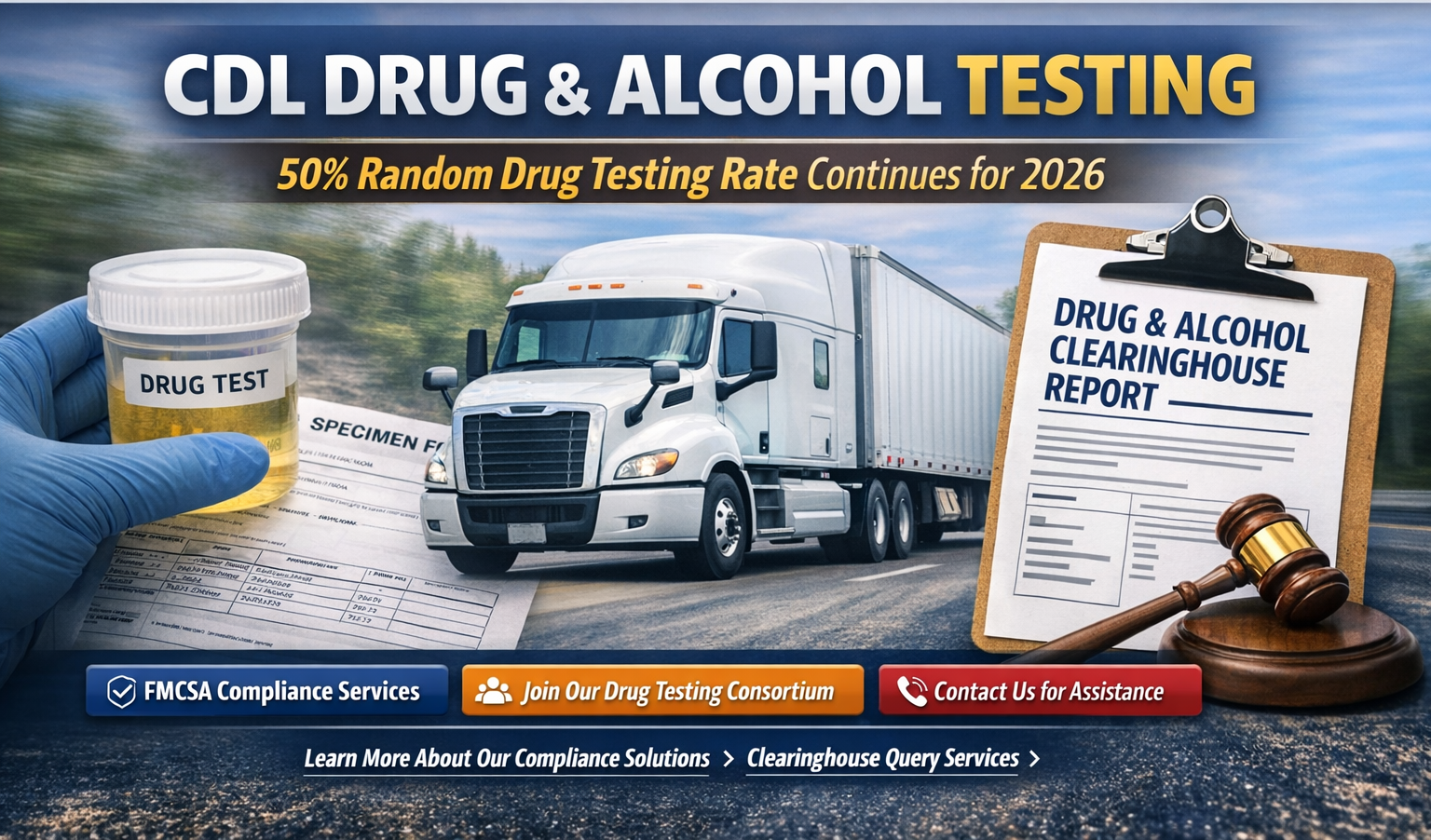Form 2290: What Trucking Fleets Need to Know About HVUT
May 30, 2025
Share this article:

If you operate heavy vehicles on public highways in the United States, Form 2290 is a crucial part of staying compliant with federal tax regulations. Also known as the Heavy Highway Vehicle Use Tax Return, this form is used to report and pay the Heavy Vehicle Use Tax (HVUT).
In this post, we’ll cover the who, what, when, and how of filing Form 2290 to help you avoid penalties and keep your business running smoothly.
What Is Form 2290?
Form 2290 is required by the Internal Revenue Service (IRS) for any vehicle that:
- Has a gross weight of 55,000 pounds or more, and
- Travels more than 5,000 miles per year (or 7,500 miles for agricultural vehicles).
The tax helps fund the maintenance and construction of the nation’s highway system.
Who Needs to File Form 2290?
You must file Form 2290 if:
- You own a taxable highway motor vehicle.
- The vehicle is registered in your name under state, District of Columbia, or tribal motor vehicle registration laws.
- The vehicle meets the weight and mileage criteria above.
This includes:
- Owner-operators
- Trucking companies
- Leasing companies
- Agricultural transporters (with special mileage exemptions)
When Is Form 2290 Due?
The annual tax period for Form 2290 runs from July 1 through June 30 of the following year. You must file by the end of the month following the month the vehicle is first used on public highways.
Examples:
- If you first use the vehicle in July, you must file by August 31.
- If you start using a vehicle in October, your due date is November 30.
How Much Is the HVUT?
The tax rate depends on the gross taxable weight of the vehicle and whether it is used for agricultural purposes.
- Typical Range: $100 to $550 per vehicle per year.
- The maximum tax applies to vehicles that are 80,000 pounds or more.
Vehicles that are not expected to exceed the mileage limit can be filed as suspended vehicles (category W), but still need to be reported.
How to File Form 2290
- Electronically (e-file) – Required for filers with 25 or more vehicles.
- Paper filing – Only allowed for those filing fewer than 25 vehicles.
Steps to e-file:
- Gather required info: EIN, VINs, gross weight of vehicles.
- Choose an IRS-approved e-file provider.
- Submit the form and pay any taxes owed.
- Receive your Schedule 1 (proof of payment) instantly once accepted.
Accepted Payment Methods:
- EFTPS (Electronic Federal Tax Payment System)
- Electronic funds withdrawal
- Check or money order
- Debit or credit card
What Is Schedule 1?
The Schedule 1 is your proof of payment for the HVUT. It is required when:
- Registering your vehicle with the state DMV.
- Renewing your IRP or IFTA credentials.
You’ll receive a stamped Schedule 1 after successful e-filing.
Penalties for Late Filing
Missing the deadline can result in:
- 5% penalty per month on the unpaid tax.
- 0.5% interest per month.
- Delays in vehicle registration renewals.
It’s critical to stay ahead of deadlines and confirm your filings are accepted.
Final Tips
- Apply for an Employer Identification Number (EIN) if you don’t already have one. You cannot use a Social Security Number to file Form 2290.
- Keep records for at least 3 years from the date of filing.
- Consider using a tax consultant if you have a large fleet or complex operations.
Need Help Filing?
National Fleet Services LLC specializes in helping transportation businesses navigate HVUT compliance. Contact us for assistance with Form 2290 or other fuel and highway tax issues.
fleet insights






